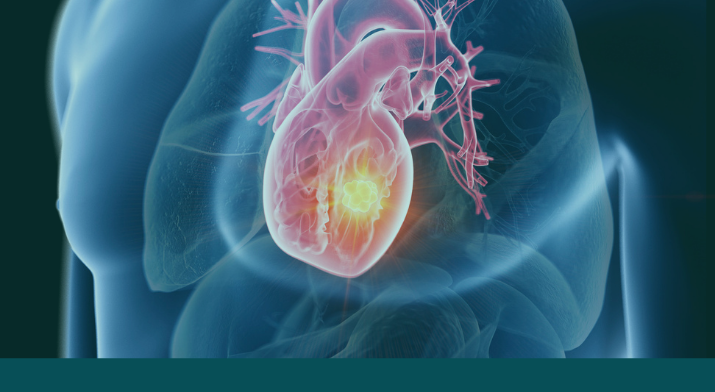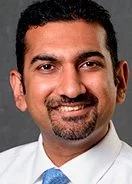Interventional Cardiology: Ensuring Optimal Outcomes for Heart Patients
By: Crouse News
March 9, 2022
Home » Crouse Connects » Interventional Cardiology: Ensuring Optimal Outcomes for Heart Patients
 Cardiology, the field of heart medicine, has evolved significantly over the last few decades. What were once fatal scenarios can now be mitigated with minimally invasive treatments pre-, mid-, and post-cardiac events.
Cardiology, the field of heart medicine, has evolved significantly over the last few decades. What were once fatal scenarios can now be mitigated with minimally invasive treatments pre-, mid-, and post-cardiac events.
A subspecialty of cardiology encompasses interventional cardiologists, who perform various minimally invasive procedures.
“Traditionally, our field involves stent placement, catheter-based procedures. Nowadays it’s actually evolved to include bigger, more involved procedures like valve replacements and valve repairs,” states John Ulahannan, MD, Interventional Cardiologist at Crouse Health.
Who Benefits from Seeing an Interventional Cardiologist?
The spectrum of cardiac issues is varied. But, for the most part, anyone who is experiencing chest pain, shortness of breath, or fatigue upon undergoing any sort of physical activity may be suffering from what Dr. Ulahannan calls “exertional” issues. Typically, these symptoms point to blocked arteries via cholesterol deposits. This differs from individuals who experience chest pain while at rest, which is likely due to a clot—not stable cholesterol plaque.
A procedure called a coronary angiogram is used to diagnose the specific issue affecting a patient. “We’re looking for luminal narrowing, plaque deposition,” he explains.
The “Team” Mentality at Crouse
While Dr. Ulahannan spends most of his time doing the angiograms, he and his partners perform a variety of procedures including pacemaker insertion, defibrillator implantations, and minimally invasive valve replacements.
The entire team of experts at Crouse takes a collaborative approach to care. Cardiologists, surgeons, and support staff lean on each other to ensure the best outcomes for their patients.
“My partners and I know each other’s strengths. We turn to each other for advice all the time. And, we trust each other,” he notes. “Our support staff are very important as well. Our nurses, our sonographers, our schedulers, the people we work with in the hospital—we’re all working together to take care of every single patient.”
Dr. Ulahannan also puts great emphasis on patient education. “I can’t remember the last time I rushed out of the room without giving them the opportunity to ask something. I think that is one of the more important aspects of care, because there are a lot of moving parts. It’s very easy to get lost,” he adds.

Crouse News is reported by members of our Communications Team.
Share this
